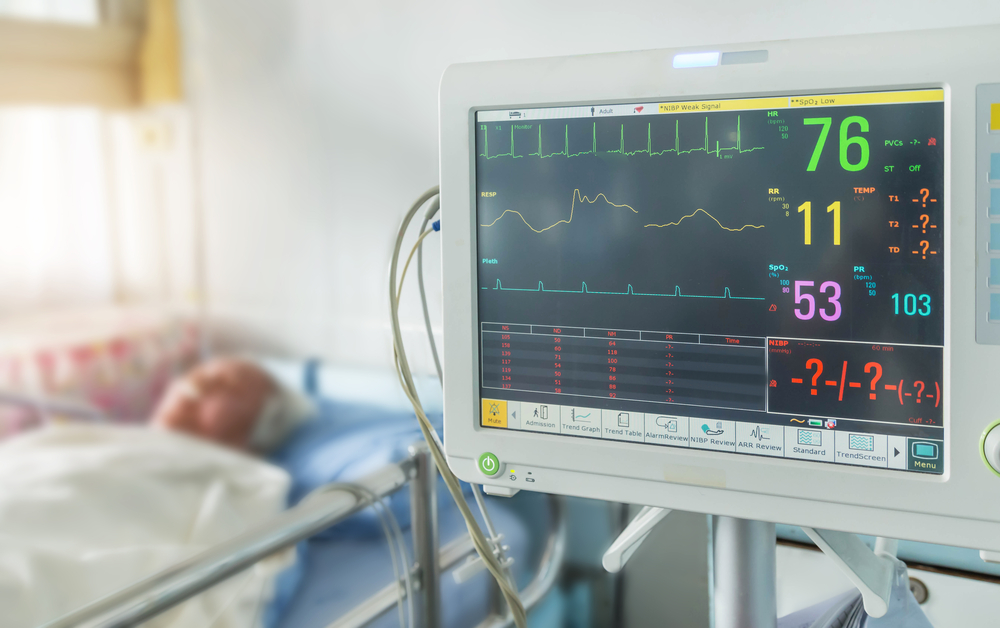Noninvasive Breathing Support Device Seen to Help DMD Patient Live to Mid-50s in Case Report
Written by |

A Duchenne muscular dystrophy (DMD) patient who is now in his 50s gained the notice of researchers, who say his case could illustrate the benefits of noninvasive mechanical ventilation in patients with well-maintained cardiac function.
It is the first report of a patient living into his sixth decade.
The report, “New Survival Target for Duchenne Muscular Dystrophy,” was published in the American Journal of Physical Medicine & Rehabilitation.
DMD patients’ life expectancy has improved significantly, in part because of improvements in ventilation support systems.
“Without ventilatory support, DMD survival did not extend much beyond teen years,” the team wrote. “However, with advances in cardiorespiratory care, life expectancy has increased into the late 20s for patients using continuous tracheostomy ventilatory support and is approximately 40 years for patients using continuous noninvasive ventilatory support.”
The patient in the case report was 53 when evaluated by researchers (he was born in September 1962). He was diagnosed with a typical phenotype and clinical history of DMD.
“Because of improvements in cardiopulmonary care, there has been a great improvement in survival and preservation of quality of life for many of these patients. Whereas it is no longer rare to find patients with Duchenne muscular dystrophy living into their fifth decade, this is the first report of a patient in his sixth decade of life,” the authors wrote.
The man has been able to maintain cardiac function, which is notable because cardiac dysfunction is common in DMD patients. (An unrelated study showed that, in a population of DMD patients, 96% had cardiomyopathies, or abnormalities in their heart muscles.)
“The reason why this patient with typical phenotypic Duchenne muscular dystrophy has preserved cardiac function is unclear. It may be partly because dystrophin has different functions in skeletal and cardiac muscle, or quite possibly, because of his particular point mutation in the dystrophin gene that we have been unable to find reported elsewhere,” the team wrote.
“We believe his survival is due to well-preserved cardiac function along with continuous noninvasive mechanical ventilation,” they wrote. Noninvasive mechanical ventilation is a modality that supports breathing without the need for intubation or surgical airway,” they wrote.
Altogether, this case report suggests that noninvasive mechanical ventilation may be particularly beneficial in enhancing survival of patients with preserved cardiac function.




